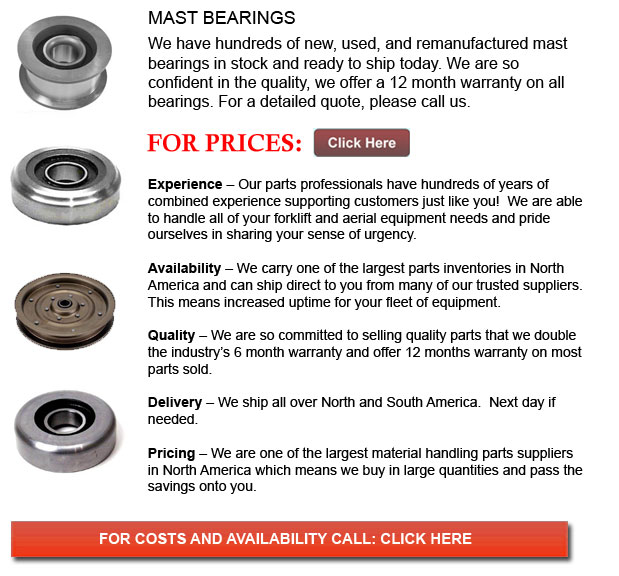
Mast Bearings - A bearing is a gadget which enables constrained relative motion among at least 2 parts, normally in a linear or rotational sequence. They could be generally defined by the motions they permit, the directions of applied cargo they can take and in accordance to their nature of application.
Plain bearings are very generally used. They make use of surfaces in rubbing contact, usually with a lubricant like graphite or oil. Plain bearings may or may not be considered a discrete gadget. A plain bearing can consist of a planar surface which bears one more, and in this instance will be defined as not a discrete device. It can consist of nothing more than the bearing surface of a hole along with a shaft passing through it. A semi-discrete instance will be a layer of bearing metal fused to the substrate, whereas in the form of a separable sleeve, it would be a discrete gadget. Maintaining the proper lubrication enables plain bearings to be able to provide acceptable friction and accuracy at minimal cost.
There are other bearings which could help better and cultivate efficiency, accuracy and reliability. In numerous uses, a more suitable and exact bearing could better operation speed, service intervals and weight size, therefore lowering the overall expenses of utilizing and purchasing equipment.
Bearings will vary in shape, application, materials and required lubrication. For example, a rolling-element bearing will utilize drums or spheres between the parts in order to control friction. Reduced friction gives tighter tolerances and higher precision compared to plain bearings, and less wear extends machine accuracy.
Plain bearings are usually constructed using various kinds of metal or plastic, depending on how corrosive or dirty the surroundings is and depending upon the load itself. The kind and function of lubricants can dramatically affect bearing friction and lifespan. For instance, a bearing may function without any lubricant if constant lubrication is not an alternative in view of the fact that the lubricants could draw dirt that damages the bearings or device. Or a lubricant can improve bearing friction but in the food processing trade, it could require being lubricated by an inferior, yet food-safe lube in order to avoid food contamination and ensure health safety.
Most bearings in high-cycle uses need some cleaning and lubrication. They could need periodic modification to lessen the effects of wear. Several bearings may require irregular upkeep in order to avoid premature failure, even if fluid or magnetic bearings could need little maintenance.
A clean and well lubricated bearing would help extend the life of a bearing, on the other hand, some types of operations can make it more challenging to maintain consistent upkeep. Conveyor rock crusher bearings for instance, are regularly exposed to abrasive particles. Regular cleaning is of little use since the cleaning operation is expensive and the bearing becomes contaminated yet again once the conveyor continues operation.
![]() Click to Download the pdf
Click to Download the pdf
Forklift Parts
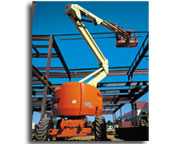
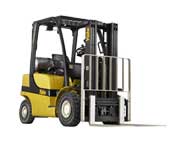
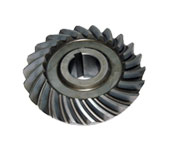
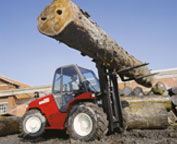
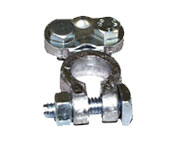
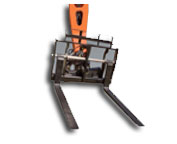
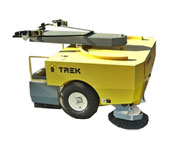
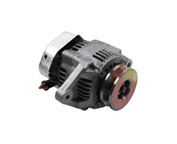
Lift Parts Express
TOLL FREE: 1-888-695-7994
forkliftpartsalabama.com
Email Us
About Us


